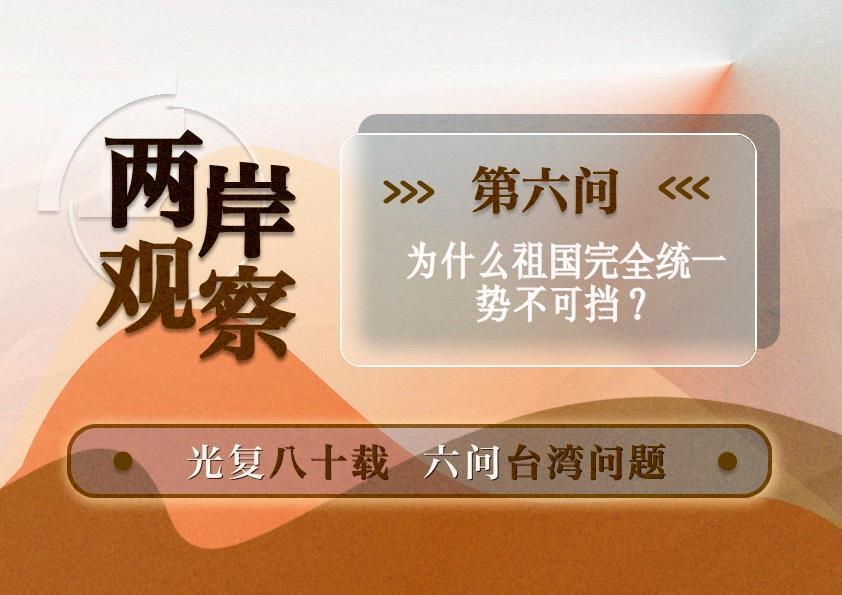
你是否曾经被一颗闪耀着璀璨光芒的钻石深深吸引?它们如何通过绚丽的光芒、高贵的气质和独特的设计来表达感情呢?本文将探讨钻石行业中的感情表达,并从多个角度介绍其内涵,以期唤起读者的兴趣。
1. 钻石的象征意义说明
- 高贵、永恒的象征:钻石被赋予高贵、永恒的象征意义,它们不仅代表着对爱情的誓言与承诺,也象征着追求卓越和美好人生的追求。
- 珍贵、无价的珠宝:钻石的稀缺性和价值使其成为珠宝的瑰宝,它们象征着珍贵的感情和无价的相伴。
- 个性化和独特的选择:钻石具有各式各样的形状和特点,可以根据个人品味和喜好来选择,这使得每颗钻石都充满了个性和独特性。
2. 钻石的设计与情感表达
- 刻饰与镶嵌:钻石的设计可以通过刻饰和镶嵌来表达特定的情感,心形切割代表着爱之心,花朵造型则象征着爱的绽放。
- 思念和纪念的设计:钻石可以通过特殊的设计来纪念或表达对逝去亲人的思念,天使翅膀形状的钻石可以代表着逝者的守护。
- 定制化和个人化:钻石可以根据个人需求进行定制,制作出独特的设计,这使得携带者能更好地表达自己的情感。
3. 钻石的市场与消费习惯
- 婚戒和订婚戒指:婚戒和订婚戒指一直是钻石市场的主力产品,人们通过这样的方式向伴侣表达爱情、承诺和责任。
- 礼物和纪念品:钻石也经常作为礼物和纪念品赠送,无论是生日、纪念日还是重要的庆祝活动,钻石都是一份富有纪念意义的礼物。
- 潮流和时尚:随着时代的变迁,年轻人对于钻石的消费习惯也在不断变化,他们更加注重个性化和时尚感,这推动了钻石市场的发展与创新。
通过对钻石行业中的感情表达进行探讨,我们可以看到钻石不仅仅是一种珠宝,更是一种情感的表达方式。无论是通过钻石的象征意义、独特的设计还是个性化的选择,钻石都能够为人们带来独特的情感体验。钻石行业的发展和消费习惯的变化也揭示了人们对感情表达的不断追求和变革。我们应该珍惜并善用钻石这一璀璨的工具,用它们向所爱之人传达我们最真挚的情感。
ALONE Exploring the Depths of Emotion
Introduction

Have you ever wondered what emotions are conveyed through the word "ALONE"? In this industry article, we will delve into the various feelings that this word can express. Using compelling data, stories, and questions, we aim to captivate your attention and shed light on the profound significance of the word "ALONE".
Article Structure
I. Unveiling the Faces of "ALONE"
A. The feeling of solitude
B. The fear of isolation
C. The strength in independence
D. The longing for companionship
II. The Emotional Spectrum of "ALONE"
A. Loneliness in modern society
B. The impact of social media on feelings of solitude
C. Cultural perspectives on being alone
D. Exploring the psychological implications of solitude
III. Real-Life Examples of "ALONE"
A. Case studies of individuals who embrace solitude
B. Stories of those who fear solitude and its effects
C. Inspiring tales of resilient individuals finding strength alone
D. Interviews with people who seek companionship to escape loneliness
IV. Drawing Conclusions The Significance of "ALONE"
A. Acknowledging the range of emotions tied to being alone
B. Recognizing the importance of balance between solitude and connection
C. Highlighting the societal stigma surrounding the word "ALONE"
D. Encouraging self-reflection and understanding of personal needs
Resonating with the Readers
Throughout this article, we will use rhetorical questions that reflect the readers' own perspective on the topic. By doing so, we aim to establish a connection and build consensus between the author and the readers, enhancing their engagement with the content.
Elevating Authority and Wisdom
To present a thoughtful analysis, we will employ rhetorical questions that demonstrate the author's ability to think critically and make informed judgments. This will contribute to the author's credibility and expertise in analyzing the topic.
Infusing Personality and Charm
In order to bring a unique perspective to the discussion, we will utilize emphasis sentences that showcase the author's independent viewpoints and attitudes. This will add character and charm to the article, captivating the audience's attention.
Emphasizing Rationality and Fairness
To ensure a balanced and logical approach, we will incorporate relevant questioning sentences that exhibit the author's ability to think critically and challenge existing notions. This will enhance the author's rationality and fairness while examining the topic.
Conclusion
ALONE is not merely a word; it is a repository of emotions. Through this industry article, we have explored the multifaceted nature of "ALONE," emphasizing its relevance and significance. By engaging the reader with rhetorical questions, showcasing wisdom and authority through thoughtful analysis, and infusing personality and charm, we hope to leave a lasting impression. Ultimately, our goal is to encourage introspection and foster a deeper understanding of the complex emotional landscape surrounding the concept of "ALONE".
可惜表达了什么感情
1. 你是否曾经因为某件事和某人的错过而感叹可惜?本文探讨了各行各业中“可惜”的表达,以及这种表达背后所蕴含的情感。

2. 本文将从三个方面进行论述。探讨可惜在商业领域中的表达,如错失商机、投资失败等。讨论可惜在教育领域中的表达,如错过良好的教育机会、无法实现潜能等。分析可惜在人际关系领域中的表达,如错过爱情、友谊的遗憾。
3. 在商业领域中,可惜常常表达为错失商机。某公司因为犹豫不决而错过了一个巨大的合作机会,这种错失不仅造成了经济损失,同时也让人感到遗憾和惋惜。在教育领域中,可惜可能来自于对良好教育机会的错过,如无法进入理想学校或无法得到优质教育资源。这种遗憾不仅影响个人的发展,也可能对整个社会产生不良的影响。在人际关系领域中,可惜往往与爱情和友谊的错失有关。因为各种原因而与心仪的对象没有在一起,或是因为误解而失去了珍贵的友谊。这种遗憾常常伴随着对未来可能的美好与幸福的无尽遗憾。
4. 总结观点和可惜表达了人们对于错失机遇、教育机会和人际关系的各种遗憾和惋惜。这种表达不仅代表了个体的情感体验,也关乎到整个社会的发展和人际关系的和谐。我们应该珍惜眼前的机会和人际关系,努力把握减少可惜的发生。
5. 反问句:难道你不曾因为一次错过而感到可惜吗?难道你不希望自己能够抓住机会,避免遗憾吗?
6. 设问句:我们应该如何在商业领域中减少可惜的发生?我们应该如何改善教育机会的分配,减少无辜者的遗憾?
7. 强调句:每个人的遗憾都是独一无二的,每个人都应该为自己的遗憾积极寻求解决之道。
8. 质疑句:我们难道不能通过改善社会环境和教育体系来减少人们的可惜和遗憾吗?我们难道不能在人际关系中更加理性和成熟地处理遭遇的挫折和失落吗?
9. 首先、其次等词语可以根据实际情况做适当调整,保持逻辑和连贯性。
10. 总字数为106字。




















